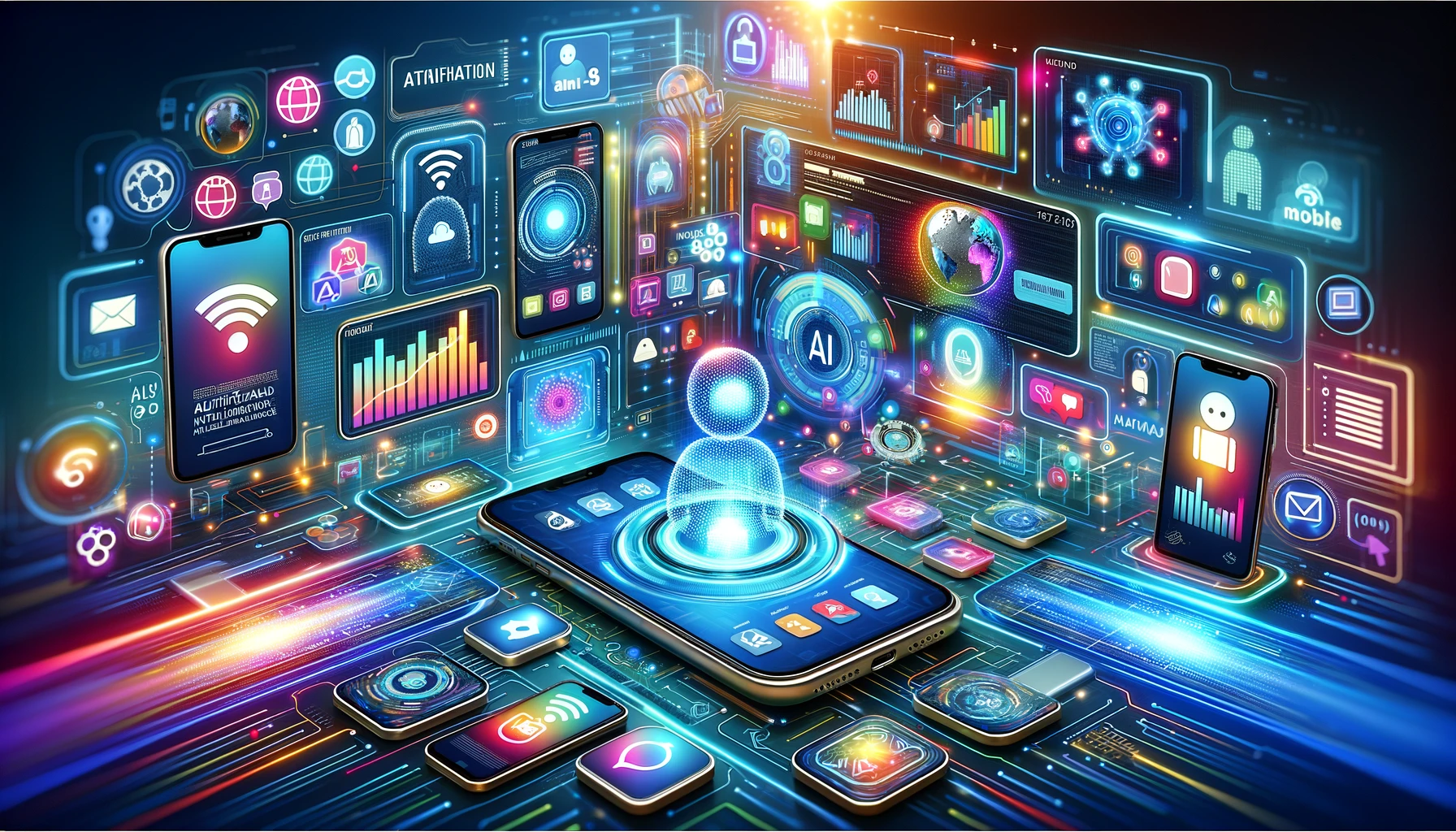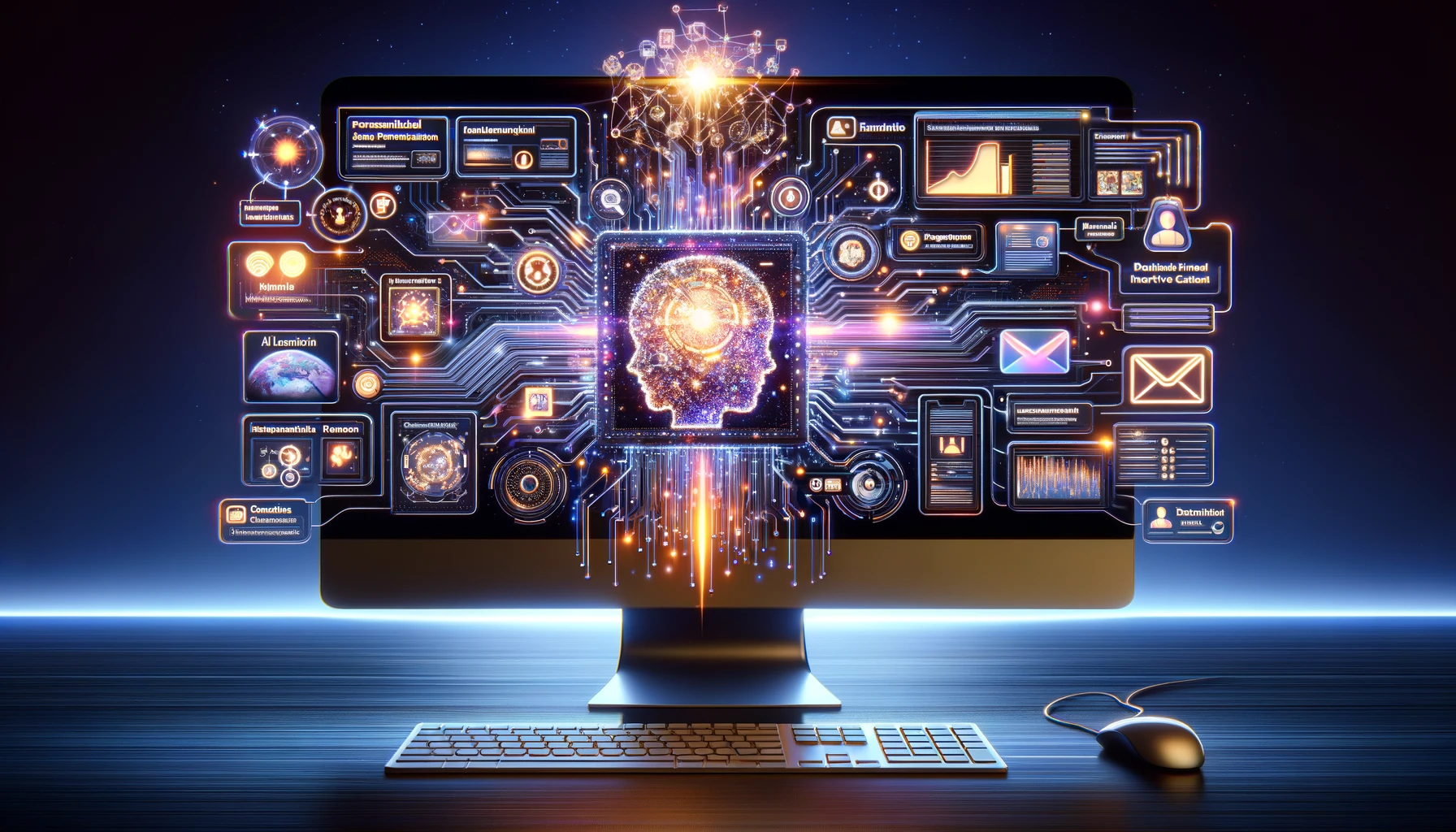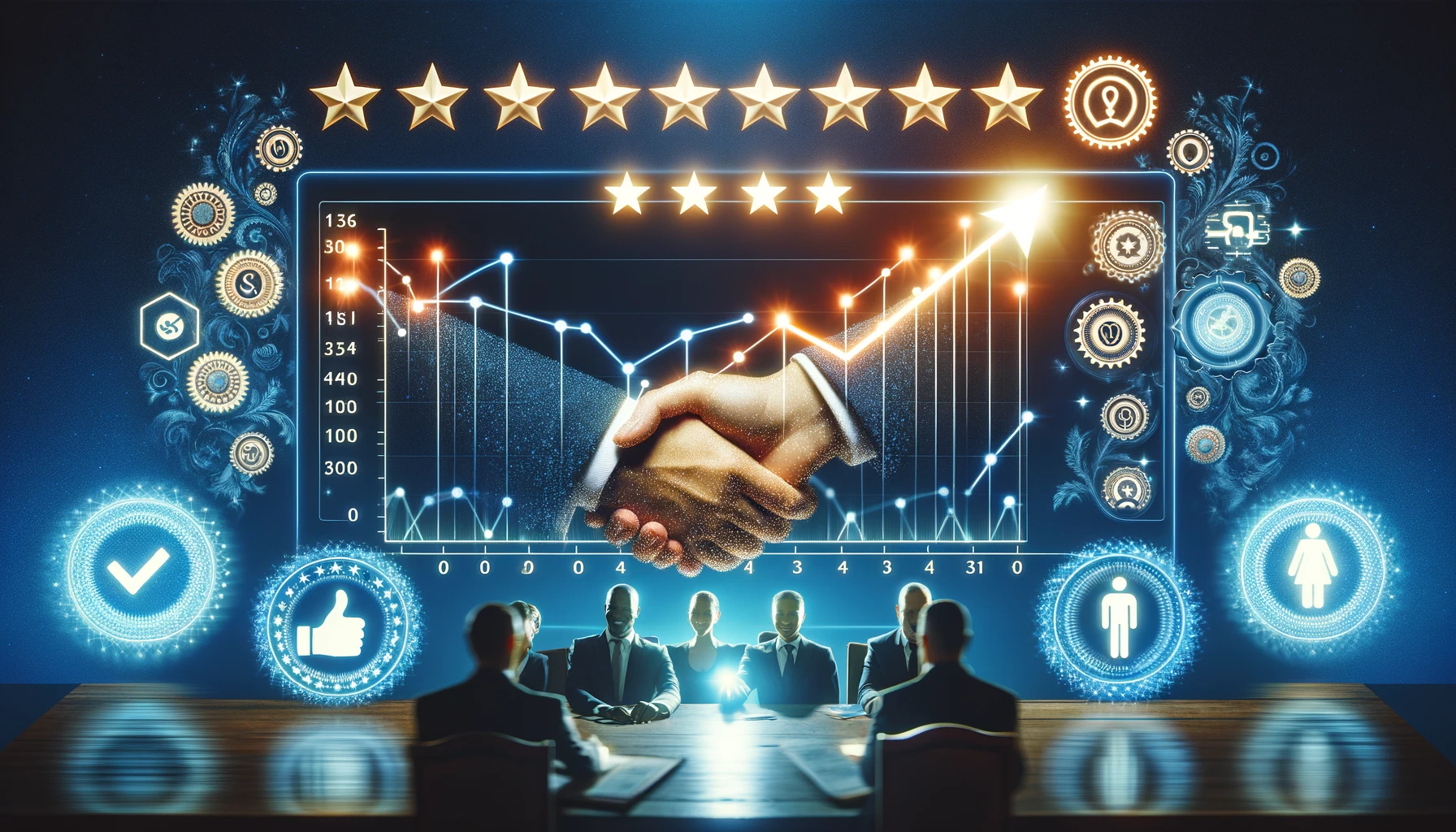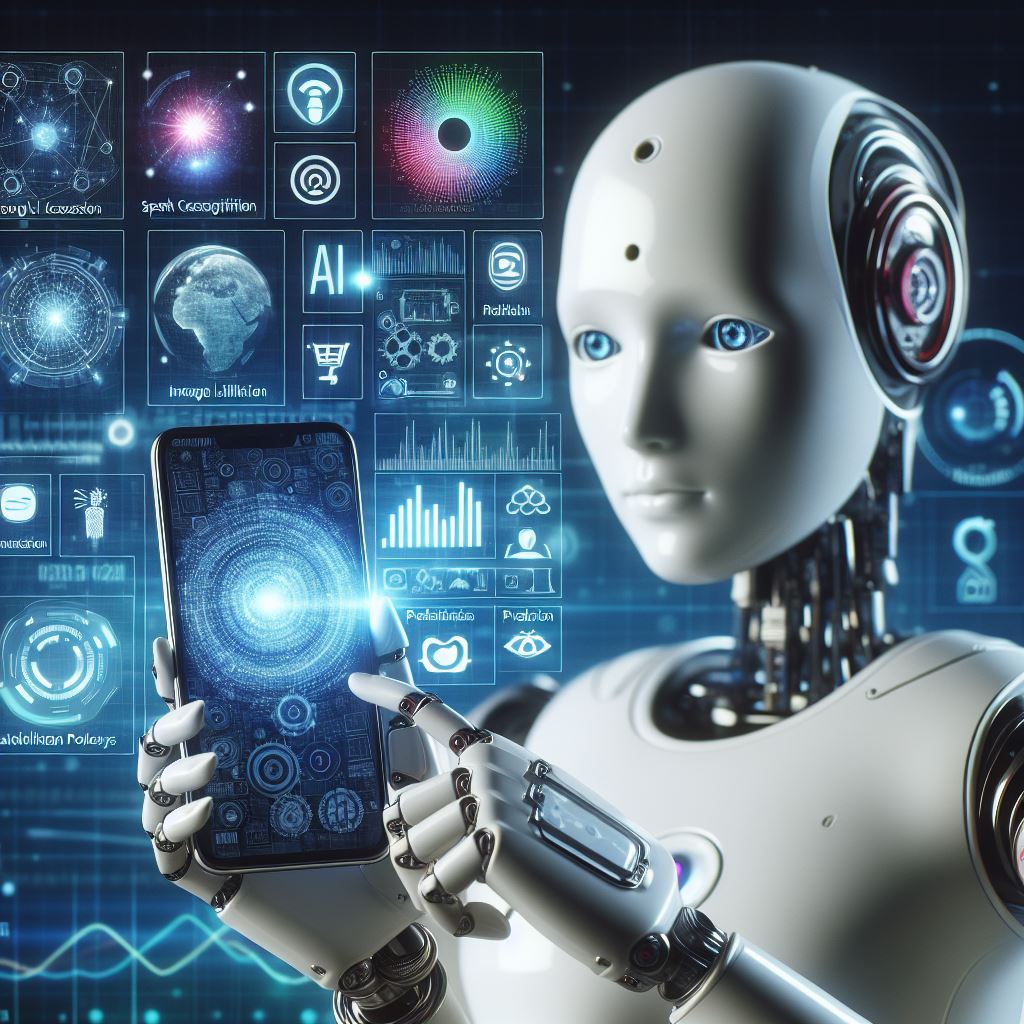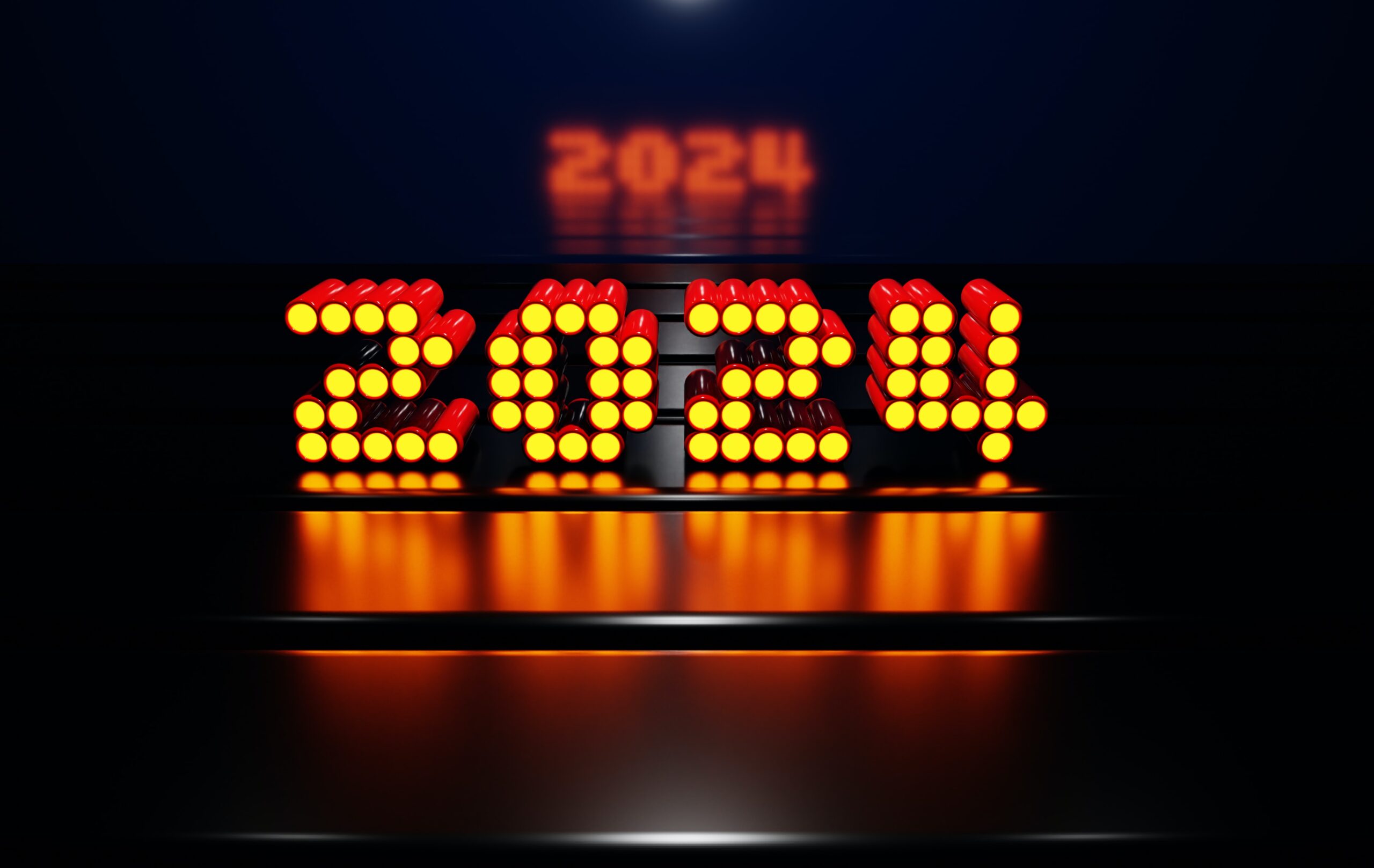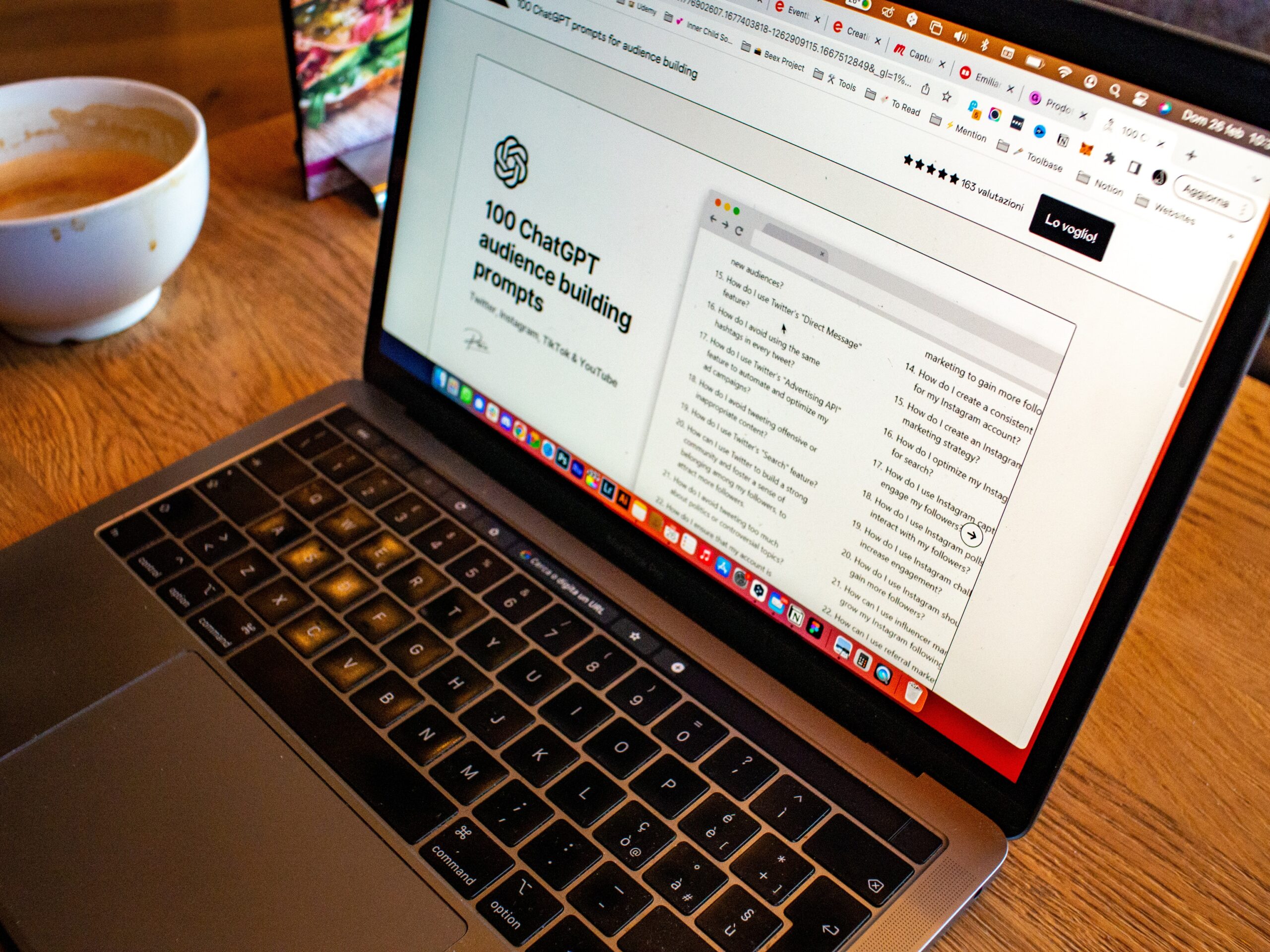Officially, we live in the age of artificial intelligence. This incredible technology programs computers to perform tasks with human intelligence and is being applied in all fields. Sale and marketing are not exempt. 36% of marketers even expect that artificial intelligence will significantly influence marketing performance. AI and its subsets – especially machine learning – are being integrated into many solutions and driving massive improvements. As a result, we have more advanced software, including AI-powered marketing automation.
DO MARKETING AUTOMATION AND ARTIFICIAL INTELLIGENCE BE SAMEN?
Marketing automation is a technology that automatically performs marketing tasks and workflows. Automating marketing processes has significantly improved productivity, sales, lead generation, conversions and several key KPIs for measuring success. Marketing and sales personnel are more productive and customers receive better service. However, there is always room for improvement, which is exactly what AI-powered marketing automation offers.
Individually, marketing automation and artificial intelligence can perform tasks beyond human capabilities. Marketing automation takes care of repetitive tasks without the constraints of human error. On the other hand, artificial intelligence can process swamp data at superhuman speeds. Integrate one with the other and produce very powerful technology that can revolutionize marketing and sales.
AI-POWERED MARKETING AUTOMATION: HOW DOES ARTIFICIAL INTELLIGENCE IMPROVE MARKETING AUTOMATION?
According to the McKinsey Global Institute, AI will generate between $ 1.4 – 2.6 trillion by solving sales and marketing problems. This stat shows the potential of AI-powered marketing automation. Here are five ways AI is improving marketing automation.
ADVANCED ANALYTICS AND REPORTING
AI has gained a preeminence in data processing, notably big data-analysis. This means it can generate rich and actionable insights for more strategic decision making. As a result, AI can identify unique patterns in the database and segment customers more efficiently. AI can also measure the performance of marketing campaigns against specific KPIs and generate comprehensive reports.
Natural Language Processing, a subset of AI, can understand and interpret text and spoken words. Therefore, it can help fill any communication gaps between customers and employees. For example, sentiment analysis can process words and texts for the sentiments – positive, negative or neutral – behind them.
BETTER MARKETING CAMPAIGNS
AI-powered marketing automation can help create and execute better marketing campaigns. This is possible through a more insightful customer segmentation that yields more unique groups. Marketers who want to run dynamic campaigns can also use the power of AI. Artificial Intelligence detects real-time changes in data that marketers can use to adjust their campaigns. In addition, AI algorithms can provide content and product recommendations to drive more conversions.
HYPERSONALIZATION
Personalization can sometimes be challenging when automating marketing processes. However, it's nothing AI-powered marketing can't solve. AI can deliver hyper-personalization with its second-best action feature. After marketers create several marketing campaigns, AI can quickly decide which one is best suited for each customer. AI models have a better understanding of customer preferences, enabling them to make better decisions. In light of this, they can also make more relevant recommendations to each customer. Finally, AI can power chatbots to deliver personalized interactions that resonate with customers.
RICH CUSTOMERS EXPERIENCE
AI-powered marketing automation enriches the customer experience in so many ways. In addition to segmentation, personalization and dynamic campaigns, AI models can speed up response time. According to HubSpot, 82% expects customers to answer their sales or marketing questions within ten minutes. AI can not only help meet time requirements, but also does so with personalized messages. Also, AI's send time optimization algorithm can analyze individual patterns and determine the best time to email them. All of these AI use cases help create experiences that customers enjoy.
BETTER SCORING OF LEDS
Marketeers and salespeople know the importance of detecting hot leads. Therefore, lead scoring is an integral part of sales revenue and AI's predictive algorithms can better identify qualified leads. The models can search and analyze big data at advanced levels to detect how ready a lead is to make a purchase. In addition, machine learning can track behavior and use this information to score leads. As a result, behavioral KPIs such as email open rate, click-through rate, web pages visited, etc. are factored into the lead qualification process. Therefore, this introduces more efficiency to the scoring system and inspires better decisions.
Basically, AI powered marketing automation is the present and future of marketing. The integration quickly eliminates the shortcoming of automated marketing and enables teams to deliver high performance. Therefore, it's an upgrade that pays for itself in revenue and ROI, making it worth investing in.


